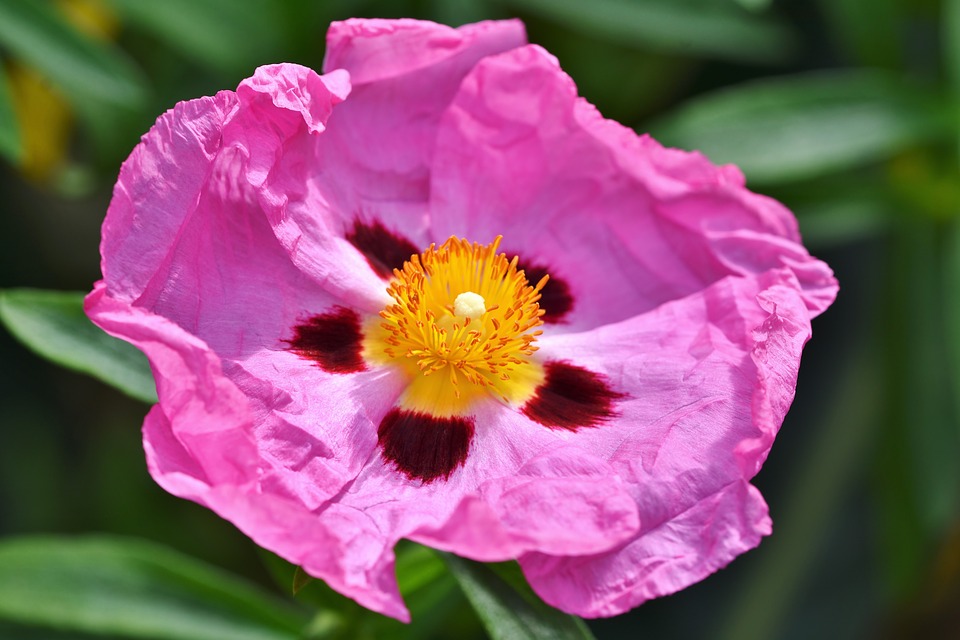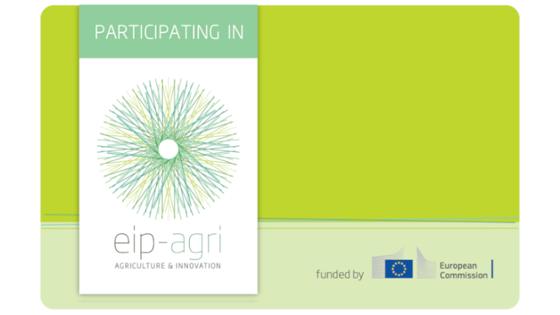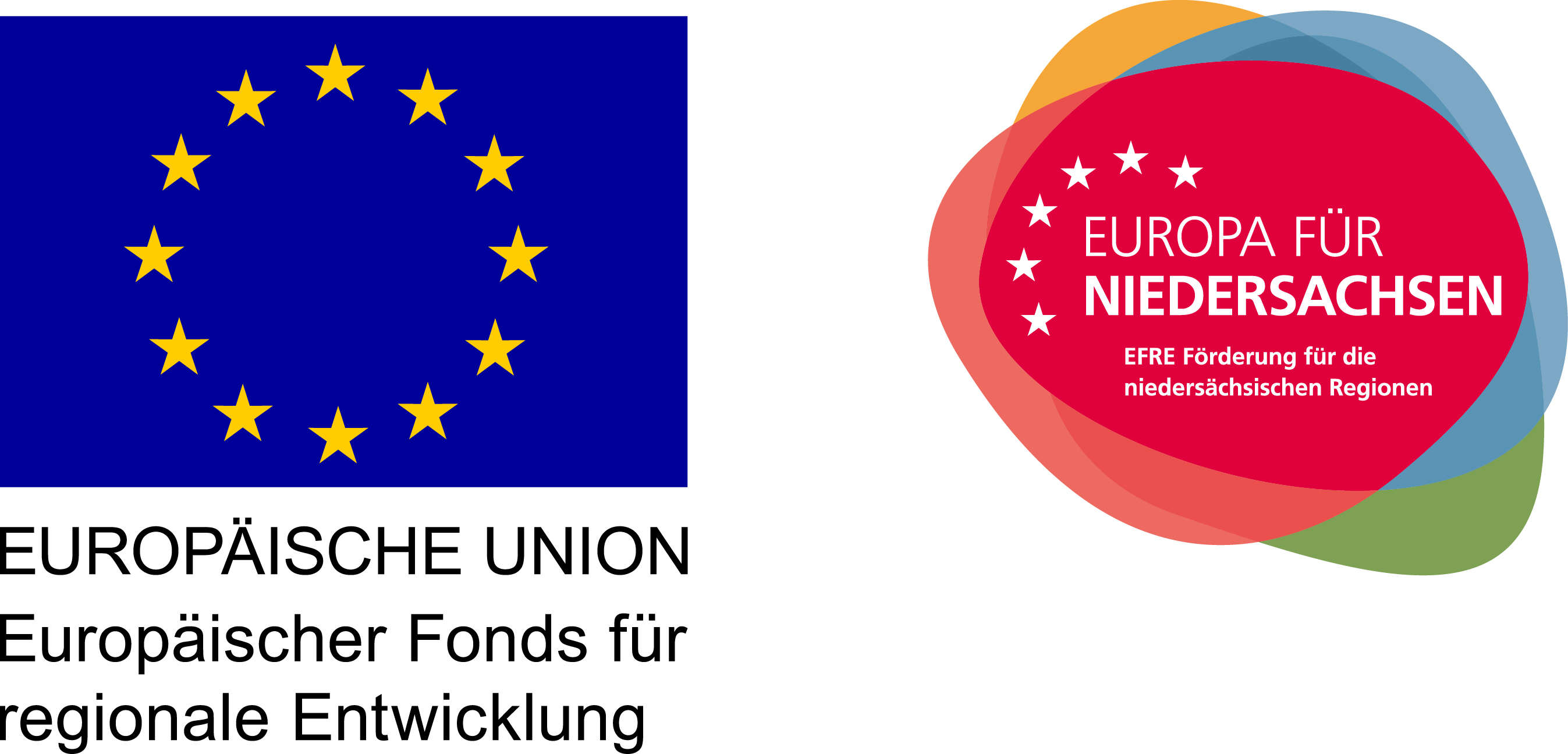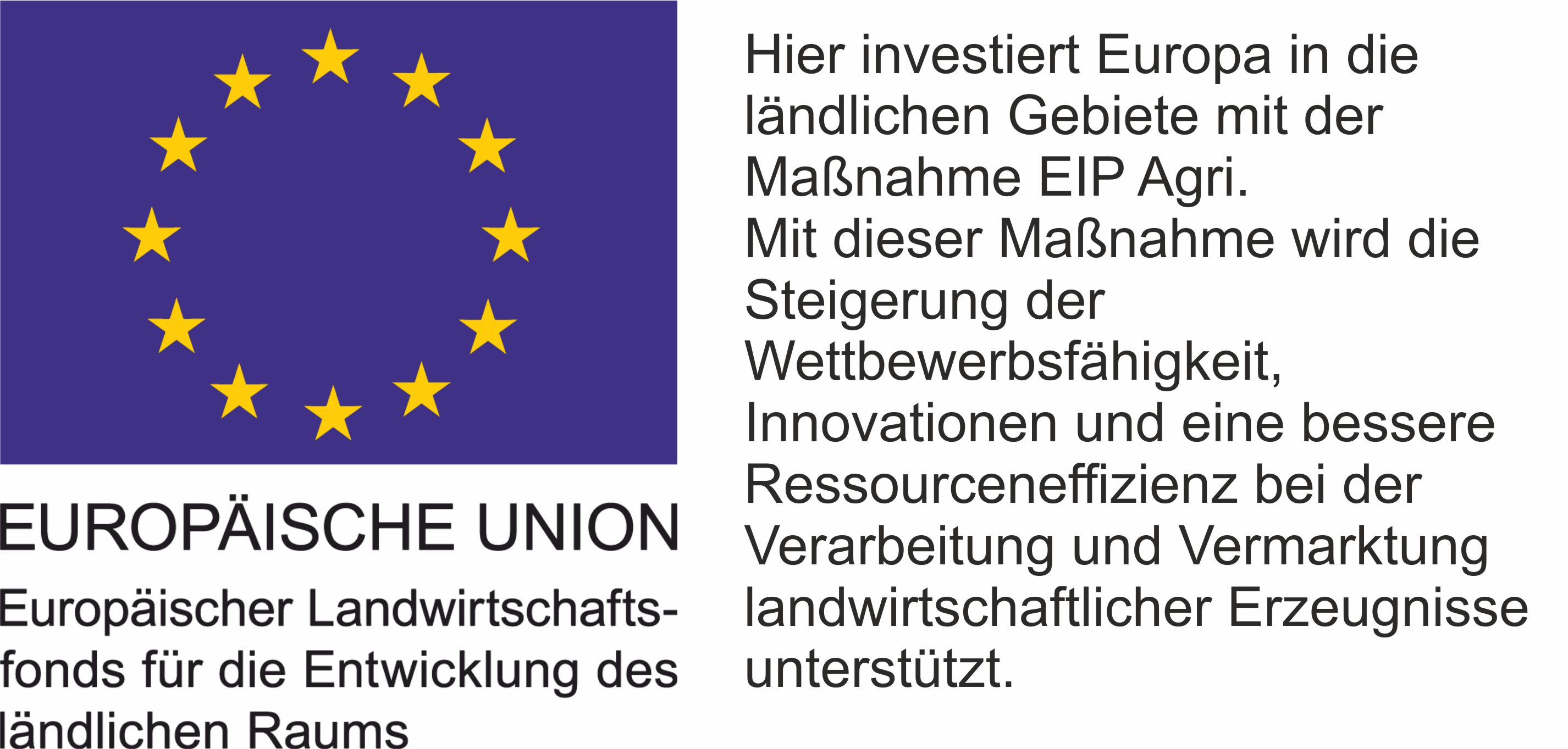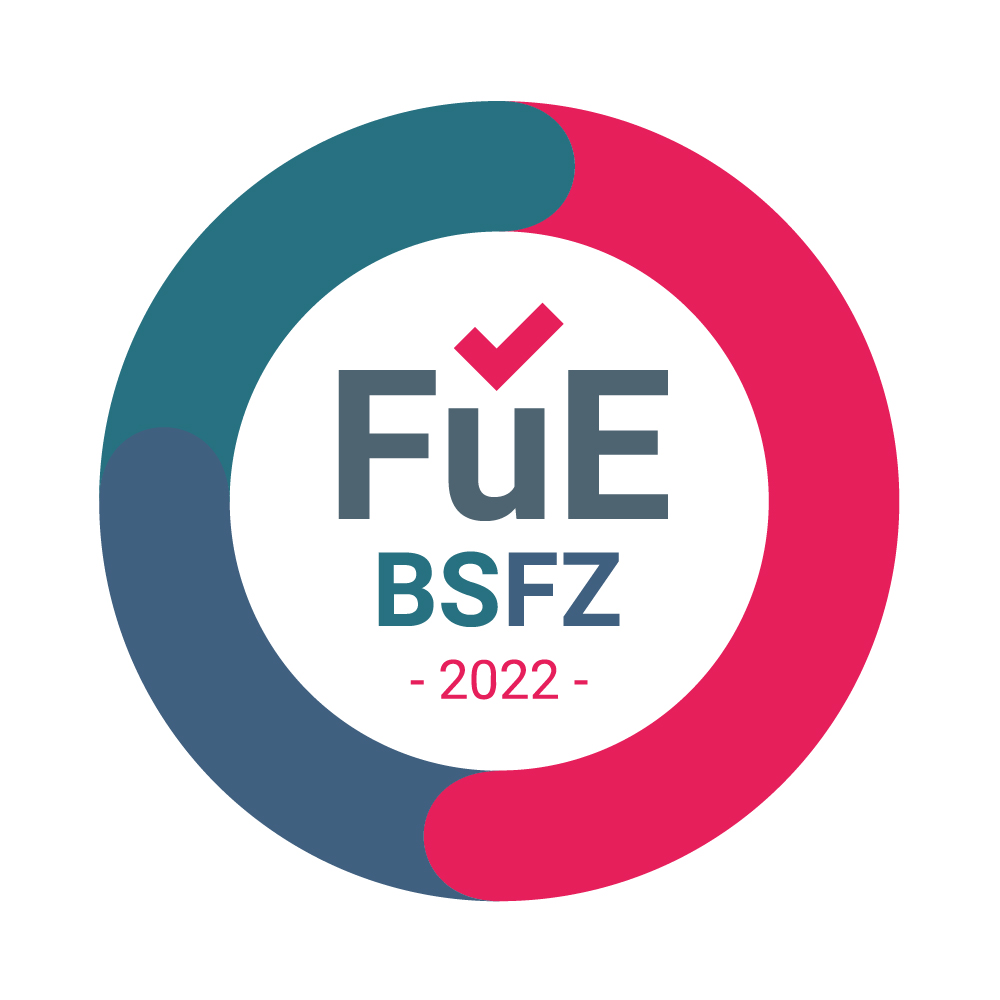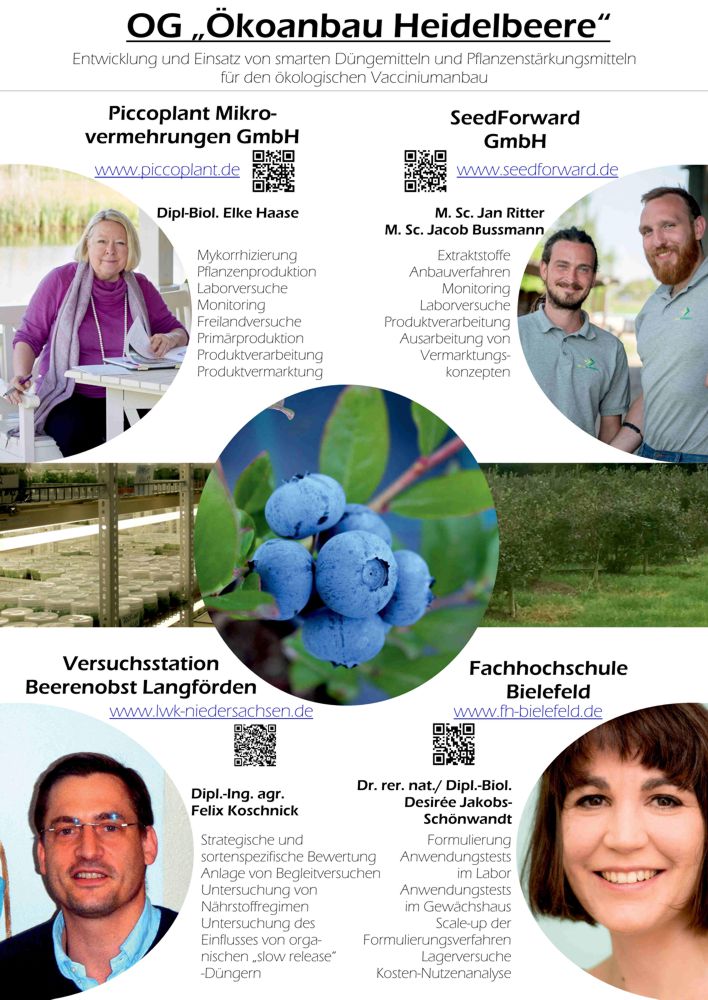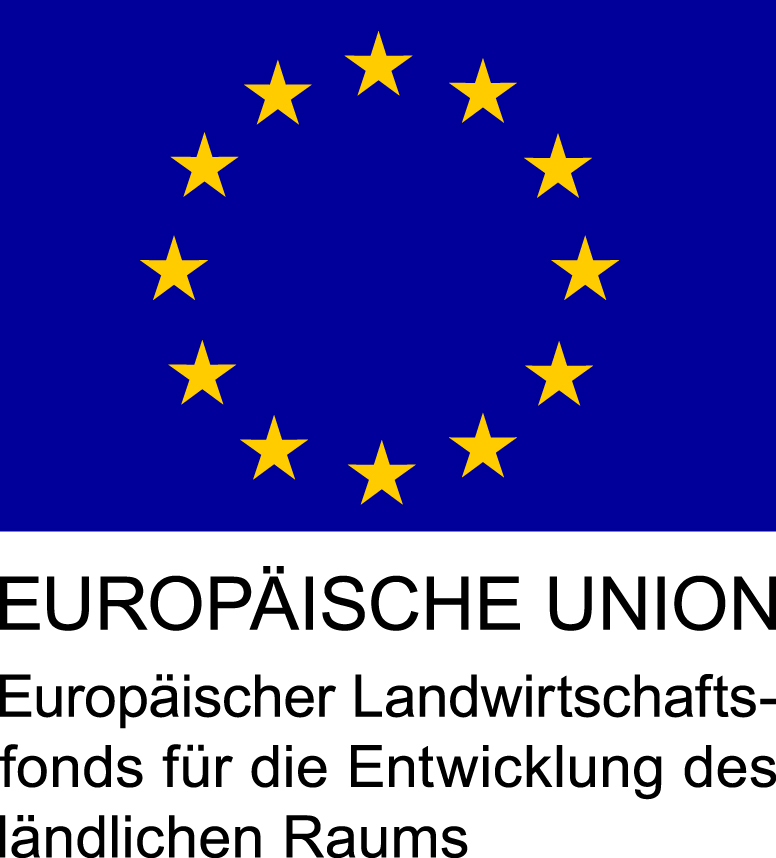We have recently been the subject of project funding within the framework of the European innovation partnership "Productivity and Sustainability in Agriculture". The network, known for short as "EIP Agri", is specifically intended to provide new impetus through innovations for agriculture.The network consists of Piccoplant Mikrovermehrungen GmbH, InProSens UG and Baumschulberatungsring Weser-Ems e.V .. The aim of the project partners is to develop an indoor farm module that is to be used for the cultivation of secondary plant substances with the help of optical measurement methods. Spectroscopic methods in the near or mid-infrared range enable non-destructive and direct plant analysis to be carried out in seconds. In contrast to conventional laboratory analyzes, the sensors integrated in the indoor farm module can determine the content of secondary substances directly on living plants without contact. The first area of application for the technology is said to be the rock rose. The end of the project is August 15, 2023.

